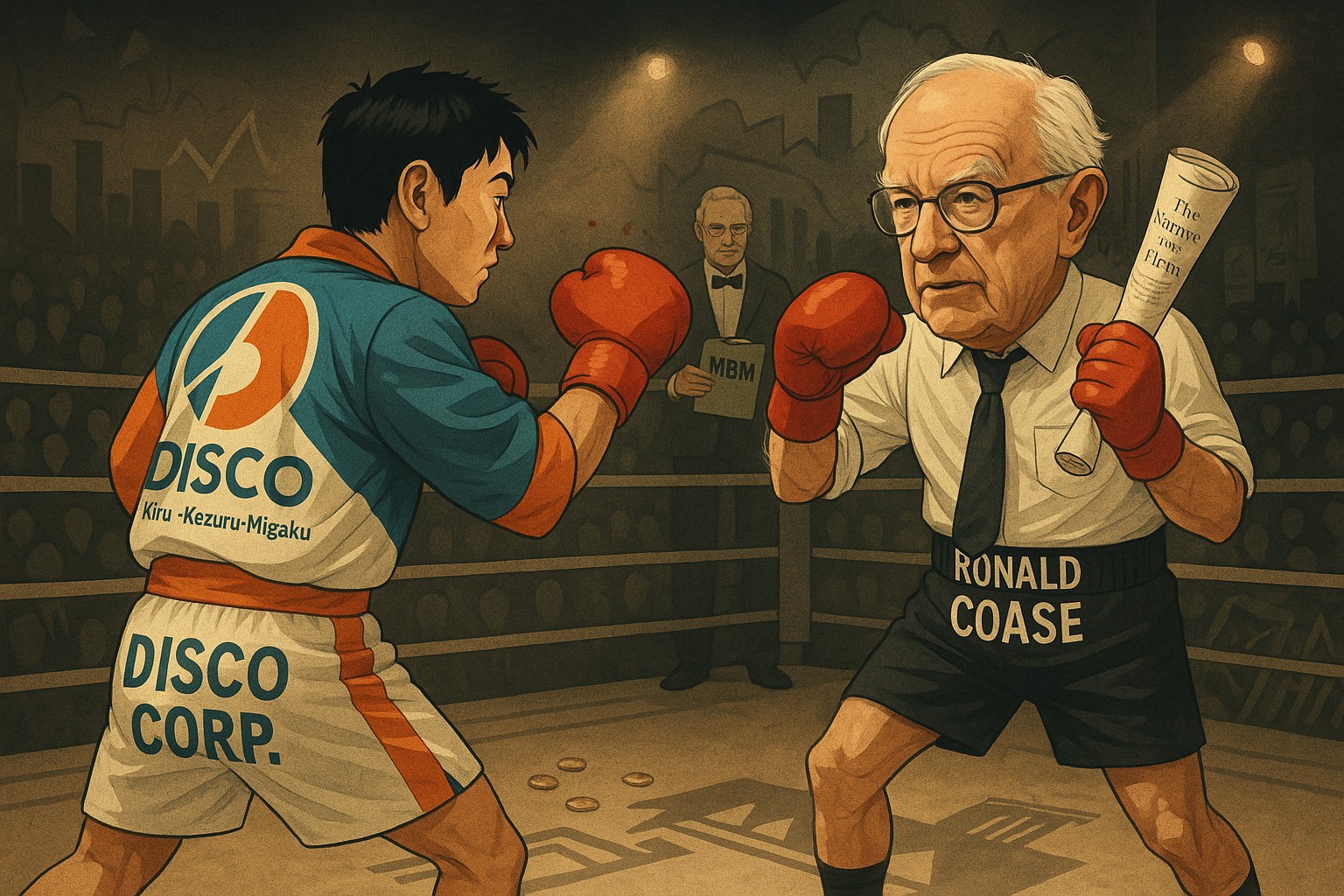Jeffrey Friedman’s Power Without Knowledge: A Critique of Technocracy is impressive in its scope and its argumentative strength. The book is a culmination of themes Friedman had been examining for years. As such, many of the arguments in the book were familiar to me, nonetheless, I still learned a lot by reading it. Some of what I learned reinforced parts of my outlook, while other arguments challenged and shifted my views to various degrees. Here I focus on what I see as the book’s strengths.
A key strength of the book – and one that’s been largely missing from my posts so far – is the frequency with which Friedman stops his arguments to consider and steelman possible objections or counterarguments to his claims. This is the mark of a writer who has carefully considered his arguments and has made an active effort to highlight all the possible weaknesses he can identify in his case.
At first glance, some readers might be tempted to dismiss some of Friedman’s insights as merely parasitic on claims Austrian economists have made for years. For example, a lynchpin in Friedman’s argument is ideational heterogeneity – the idea that each mind operates differently from every other mind, motivated by a unique web of beliefs, and that this internal mental process is fundamentally inaccessible not merely to anonymous technocrats but even to people who know each other well. (Think of all the times you find yourself surprised when a friend or family member interprets or reacts to a situation very differently than you expected, or in conversation someone suggests a thought that never occurred to you.) The basic phenomenon Friedman is describing, and its implications for the construction of social policy, was described decades ago by Ludwig von Mises in his book Theory and History:
On the other hand the distinctive mark of what we call the human sphere or history, or, better, the realm of human action is the absence of such a universally prevailing regularity. Under identical conditions stones always react to the same stimuli in the same way; we can learn something about these patterns of reacting and we can make use of this knowledge in directing our actions towards definite goals…Men react to the same stimuli in different ways, and the same man at different instants in time may react in ways different from his previous or later conduct. It is impossible to group men into classes whose members always react in the same way.
There are also clear parallels between Friedman’s argument and the famous chess analogy made by Adam Smith, who speaks of how the “man of system” (or technocrat, in Friedman’s work) is “wise in his own conceit” and believes “he can arrange the different members of a great society with as much ease as the hand arranges the different pieces upon a chess-board.” Smith goes on to argue:
He does not consider that the pieces upon the chess-board have no other principle of motion besides that which the hand impresses upon them; but that, in the great chess-board of human society, every single piece has a principle of motion of its own, altogether different from that which the legislature might choose to impress upon it. If those two principles coincide and act in the same direction, the game of human society will go on easily and harmoniously, and is very likely to be happy and successful. If they are opposite or different, the game will go on miserably, and the society must be at all times in the highest degree of disorder.
But I think Friedman takes these insights further. Mises takes the behavioral variability of people simply as given – he observes it but doesn’t really explain what drives it. Friedman explains what drives this variation, provides arguments in favor of that explanation, and draws implications about whether or not this problem is surmountable. Friedman also emphasizes, to a greater degree than Smith, that the “principles of motion” driving people’s behavior (their unique webs of beliefs and subjective interpretations derived from those webs, in Friedman’s verbiage) aren’t simply different from those of the technocratic man of system – they are also different from every other proverbial piece on the board, as well as unknowable to both the other pieces and the would-be planner. These are real and important contributions.
I also think many of Friedman’s criticisms of the economics profession are fair and justifiable. However, for reasons I just touched on, I also think his criticisms fail to land on economists who operate in a more Austrian or Smithian tradition, as well as those who operate in the tradition Arnold Kling once called Masonomics. However, given that these economists are unlikely to harbor technocratic aspirations, he gives them fairly little attention in a book dedicated to examining and critiquing technocracy.
Friedman’s criticisms of rational ignorance held some force for me as well. While I think he takes his criticism too far (for reasons I’ll discuss in the next post), he did convince me that rational ignorance is often overplayed as an explanation for political behavior, and while I haven’t jettisoned the concept entirely, I think it’s less applicable than I once believed. Naïve realism, for example, saps rational ignorance of much of its explanatory vigor. Naïve realists aren’t declining to gather more information because it’s not worth the effort, as rational ignorance would imply – they believe they already have all the relevant information. As Friedman puts it, in “the radical-ignorance view, they think their scant knowledge is adequate.”
One idea Friedman articulates better than almost anyone else is how advocacy of the market mechanism is (or at least can and should be) rooted in epistemic humility. It’s not just society that is unfathomably complex – the individuals who make up society are also complex and multifaceted ways technocratic policy can never hope to reflect. His advocacy of markets can be paraphrased as “Look, this social problem is extraordinarily complicated. I don’t know what the best solution is. In fact, even talking about a ‘best’ solution may be senseless, because different solutions will work better for different people and different circumstances. The best approach is to let a thousand flowers bloom and give people the space to work out for themselves how to solve their issues in a way best suited to their own needs and desires.” To be a technocrat is to deny that a problem is too complex for you to understand, to believe that there is a “correct” solution, that you in particular know what that solution is, and that you can effectively use policy to implement that solution by altering the behavior of people you’ve never met in ways you can reliably predict. If you reject the simple-society ontology of a naive realist, you see these kinds of claims as incredibly hubristic. But these are the claims one has to make to advocate a technocratic policy.
These are some of what I see as the key strengths of this book, though the list is by no means exhaustive. But no book is perfect, and no arguments are without weak points, so my next (and final) post in this series will be on what I see as where the arguments fall short.
Kevin Corcoran is a Marine Corps veteran and a consultant in healthcare economics and analytics and holds a Bachelor of Science in Economics from George Mason University.
















